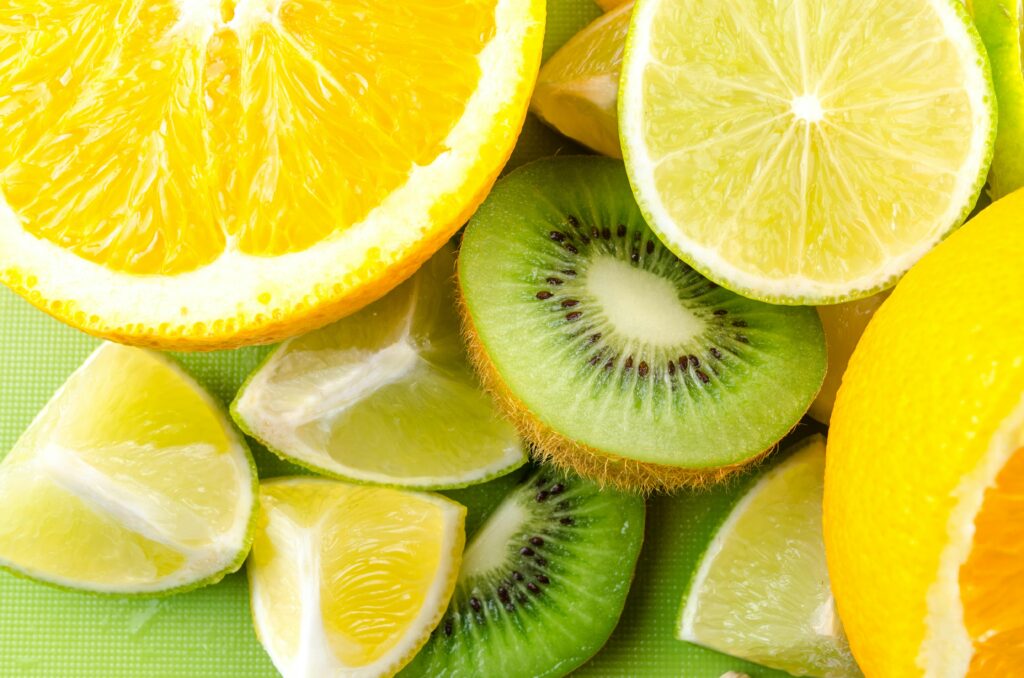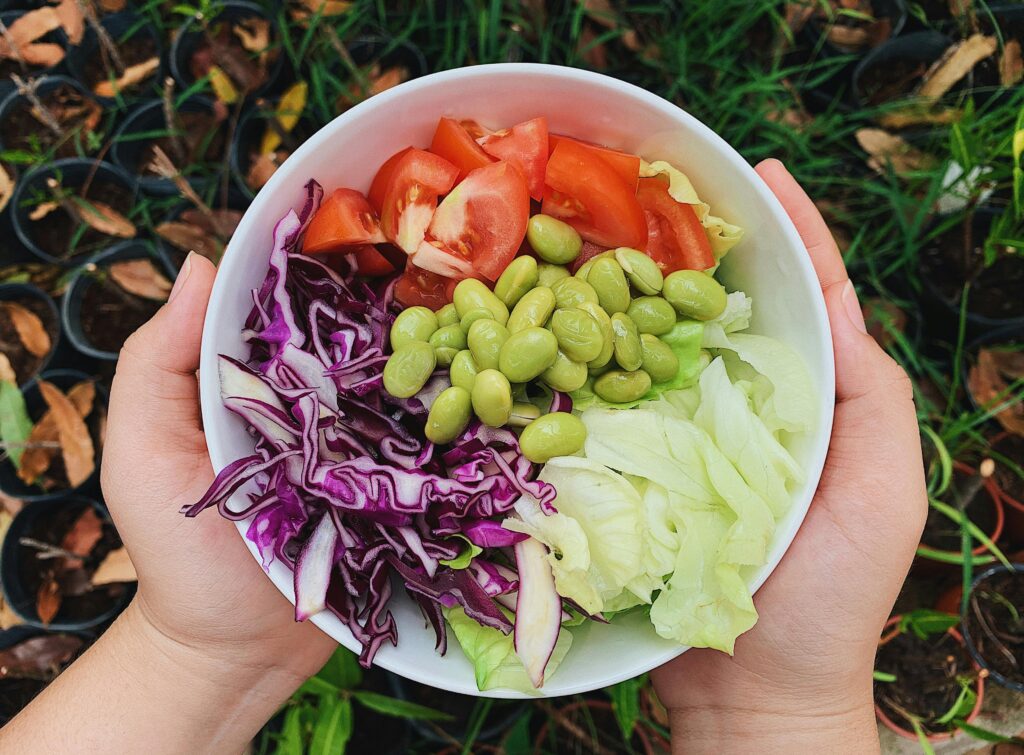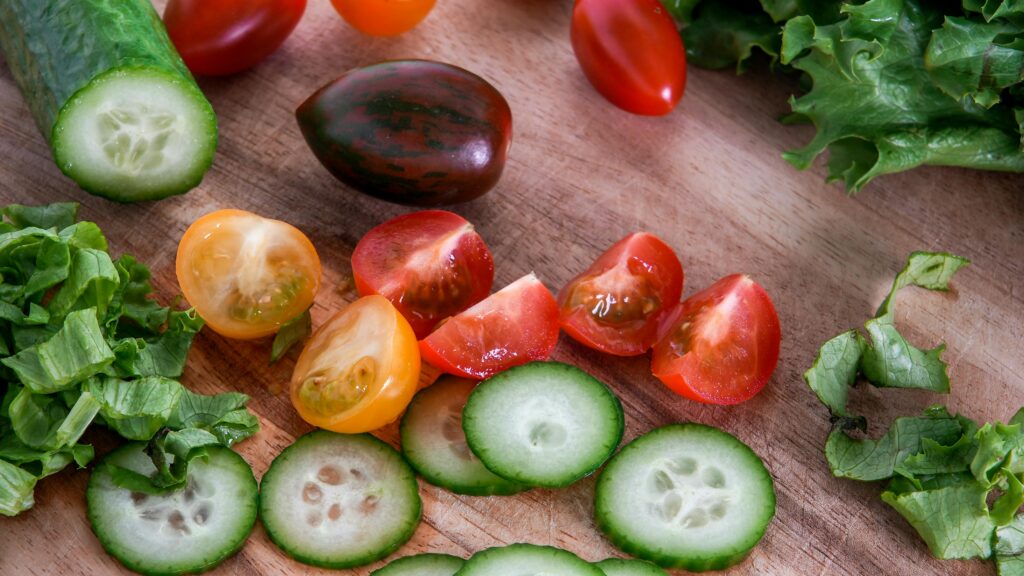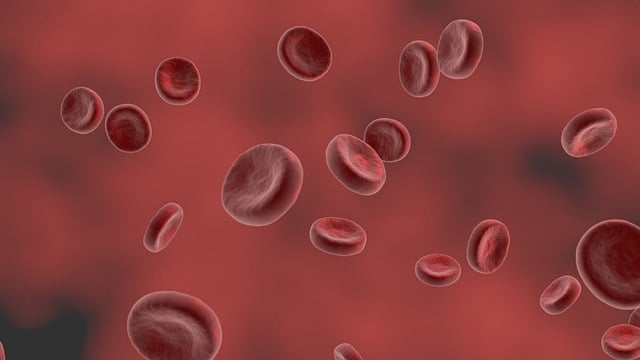Introduction
Hemoglobin is a vital protein in red blood cells responsible for transporting oxygen throughout the body. Maintaining adequate hemoglobin levels is crucial for overall health and energy. Low hemoglobin levels can lead to anemia, resulting in fatigue, weakness, and other health issues. Here are 10 effective tips to help increase your hemoglobin levels naturally.
Table of Contents
1. Eat Iron-Rich Foods
Iron is a key component of hemoglobin. Incorporating iron-rich foods into your diet is one of the most effective ways to boost hemoglobin levels. Below are subcategories of iron-rich foods:
a. Non-Vegetarian Sources:
– Lean meats (especially red meat like beef and lamb)
– Poultry (chicken and turkey)
– Fish (especially shellfish like clams and oysters)
– Liver (beef liver, chicken liver)
b. Vegetarian Sources:
– Beans and lentils
– Spinach and other leafy greens
– Tofu and soy products
– Iron-fortified cereals and bread
– Pumpkin seeds
2. Include Vitamin C-Rich Foods
Vitamin C enhances the absorption of non-heme iron (plant-based iron), making it essential to pair with iron-rich foods. Foods high in vitamin C include:
– Citrus fruits (oranges, grapefruits, lemons)
– Berries (strawberries, raspberries)
– Kiwi
– Bell peppers
– Tomatoes
– Broccoli
3. Increase Folic Acid Intake
Folic acid, a type of B vitamin, is crucial for the production of healthy red blood cells. To increase your folic acid intake, include the following foods in your diet:
– Leafy greens (spinach, kale)
– Beans and legumes
– Eggs
– Citrus fruits
– Avocado
– Fortified cereals




4. Add More Vitamin B12
Vitamin B12 is essential for red blood cell production and can be found in:
a. Non-Vegetarian Sources:
– Meat (beef, liver)
– Fish (salmon, tuna)
– Poultry
– Eggs
b. Vegetarian Sources:
– Dairy products (milk, cheese, yogurt)
– Fortified plant-based milks and cereals
5. Avoid Iron Blockers
Certain foods and substances can inhibit iron absorption. To maximize iron uptake, avoid consuming these iron blockers with iron-rich meals:
– Tea and coffee (especially close to meal times)
– Calcium-rich foods (like dairy) and calcium supplements
– Foods high in phytic acid (like whole grains, nuts, and seeds)
6. Stay Hydrated
Proper hydration is crucial for maintaining healthy blood volume and circulation. Drinking enough water helps your body transport oxygen more efficiently.
7. Avoid Excessive Blood Loss
For women, managing menstrual health is important to prevent excessive blood loss, which can lower hemoglobin levels. Consult a healthcare provider if you experience heavy periods.
8. Regular Physical Activity
Engaging in regular exercise, especially activities like walking, jogging, or strength training, can help stimulate red blood cell production. Exercise also improves circulation, ensuring that oxygen is delivered efficiently throughout your body.


9. Consider Iron Supplements
If dietary changes alone are not enough, consider taking iron supplements under the guidance of a healthcare provider. Supplements can be particularly helpful for individuals with iron deficiency anemia or those who struggle to meet their iron needs through diet alone.
10. Monitor Your Health Regularly
Regular check-ups with your healthcare provider, including blood tests to monitor hemoglobin levels, can help you manage your health more effectively. Early detection of low hemoglobin levels allows for timely intervention and treatment.
Conclusion
Increasing your hemoglobin levels naturally involves a combination of a nutritious diet, regular exercise, and mindful habits. By following these 10 effective tips, you can improve your hemoglobin levels, boost your energy, and support overall health. Remember, it’s essential to consult a healthcare provider before making significant changes to your diet or starting supplements. If you have any questions or need further guidance, feel free to contact Health Authentica for expert advice and support on your health journey.












